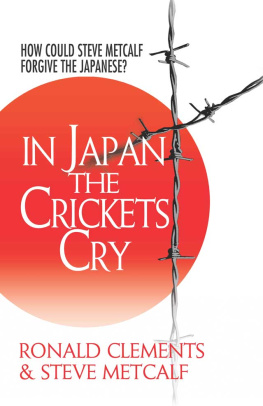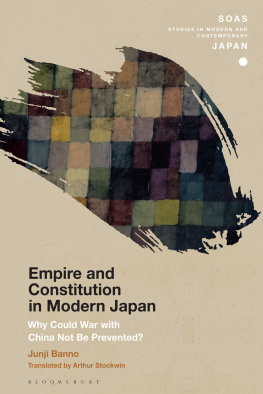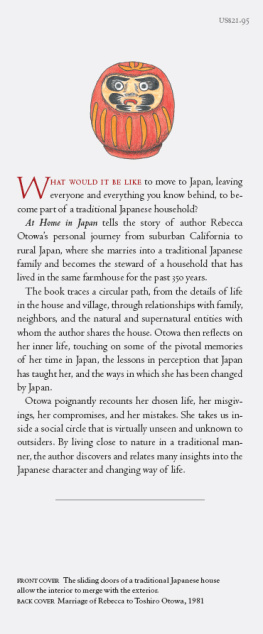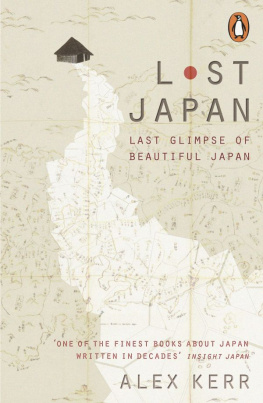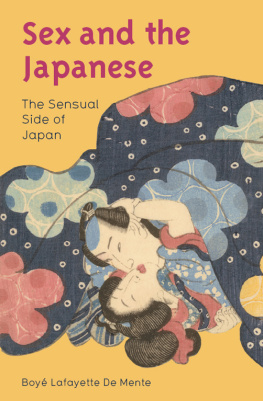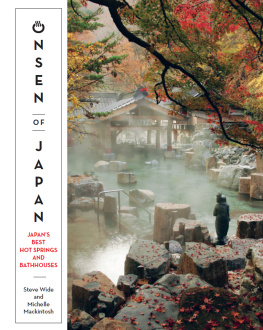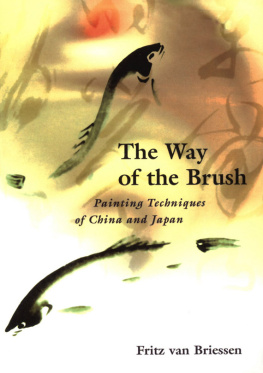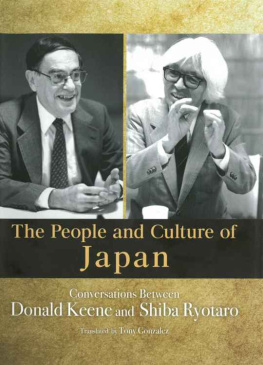

Copyright 2010 by Ronald P. Clements
This edition copyright 2010 Lion Hudson
The right of Ronald P. Clements to be identified as author of this work has been asserted by him in accordance with the Copyright, Designs and Patents Act 1988.
All rights reserved. No part of this publication may be reproduced or transmitted in any form or by any means, electronic or mechanical, including photocopy, recording or any information storage and retrieval system, without permission in writing from the publisher.
Published by Monarch Books
an imprint of
Lion Hudson plc
Wilkinson House, Jordan Hill Road, Oxford OX2 8DR, England
www.lionhudson.com/monarch
ISBN 978 1 85424 970 8
e-ISBN 978 0 85721 362 4
First edition 2010
Unless otherwise stated, Scripture quotations taken from the Holy Bible, New International Version , copyright 1973, 1978, 1984 by the International Bible Society. Used by permission of Zondervan and Hodder & Stoughton Limited. All rights reserved. The NIV and New International Version trademarks are registered in the United States Patent and Trademark Office by International Bible Society. Use of either trademark requires the permission of International Bible Society. UK trademark number 1448790.
British Library Cataloguing Data
A catalogue record for this book is available from the British Library.
Cover image: Lion Hudson
Blessed are the peacemakers,
for they will be called sons of God.
Matthew 5:9, NIV
For the people who,
through the last fifty-seven years,
have supported Evelyn and me
with their prayers and their gifts.
Steve
Table of Contents
Acknowledgments
I am grateful to a number of people who have made this a better book. High on the list are my wife, Anne, and our daughters, Bethan, Emma and Shona, for patiently reading the manuscripts and encouraging me with variations on Get it done! and Yes, you can!. Bethan also expertly wielded her editors pen, challenging her father to justify everything from content to composition, and adding numerous commas.
Estelle Horne and Neil Yorkston kindly provided both material for and comments on my portrayal of life at Chefoo School and in Japanese internment. Keiko Holmes gave me valuable insights into her personal story and the reconciliation work of her organization, Agape . Andrew Alford and Miho Walker acted as reviewers of the book, making many useful suggestions which have enhanced the telling of Steves story. Nathaniel Sonoda helped me with the Japanese characters. I am grateful to OMF UK for their initial approach, asking me to write this book; to Rebecca Brooker, OMF Books Publishing Manager, for her assistance; and to Monarch for putting it onto bookshelves. OMF UK also allowed me access to their archives and those held at the School of Oriental and African Studies.
Finally, my sincere thanks to Steve and Evelyn for allowing me to write this book. Steve has been incredibly patient and generous as I have negotiated my way around the many events of his life, asked more questions than I had a right to and probed for detail after detail after detail.
I do not know what impressions you will be left with as you read Steves story, but for me, this book is a baton which we are passing on to you, and we pray that you will, in turn, pass its messages of forgiveness and reconciliation on to others.
Ronald Clements
August 2010
Biographees Note
In 2003 I was speaking at a reconciliation meeting in Japan, and after I sat down two different Christian publishers came up to me asking for my story. Just over a year later my story was published in Japanese. The encouragement and blessing that resulted from that little book has added a whole new dimension to my missionary life.
I want to thank Dr Ronald Clements; he has gone out of his way and worked long hours in writing this book. We have become good friends as we have discussed my life and work and I trust you are blessed by his labour of love.
My hope and prayer is that this English biography may give its readers an insight into Japan a prosperous and talented nation, but one that is still a great spiritual vacuum. Many nations in the East are seeing a spiritual awakening, but not Japan.
Much has changed since I first stepped from the Taiping onto Japanese soil. The population of 86 million has now increased to 127 million. Japanese communities live in almost every corner of the world. Japanese churches have grown in number and Japanese Christians are moving into leadership. But congregations remain small and Christians too few and far between. Japan remains a nation that needs you to become involved, sharing with the people the life-changing experience of Gods constraining love. This is what I did sixty years ago. I never have had any regrets.
Stephen A. Metcalf
August 2010
A LMOST ALL MEN ARE MARKED IN SOME WAY BY THE EXPERIENCE OF TAKING PART IN ANY WAR.
M AX H ASTINGS
There is an unconquered griminess to war. Marks not easily removed. Stains that linger through a lifetime. In conflict, graceful lines and form are deliberately destroyed. Images of twisted metal, of shattered concrete, become similes of damage done to men and to women to aggressors and victims alike. We see it all the time. True reconciliation seems, at best, hard to achieve, frequently impossible.
Conflict and war darkened my childhood. The son of missionary parents, I was raised within reach of Chinese bandits who were the scourge of the local peasants. My boyhood was spent beneath the shadow of Japans belligerent occupation of China. Aged fourteen, I became a civilian prisoner of war under the scrutiny of Japanese guards. Four years later I escaped this orbit of aggression and went to Australia. And there I understood that my life would complete a different circle. I must go to Japan and proclaim reconciliation for the Japanese and eternal peace with God.

Sudachi
(Leave Home)
Life, for me, had a precarious start.
I was born on 23 October 1927. Just a few weeks later, a disgruntled mob of army deserters ransacked the tribal village of Taku among whom they worked. The men came down the hillside after dusk. Home after home was set on fire. A terrified Lisu young man scooped up Ruth, my four-year-old sister, and fled for the deep wooded gullies below the village. My father grabbed me, and he and my mother raced after the young man into the thicket. My mother shrieked as a bullet brushed the brim of her hat. Then a storm of bullets hissed above our heads, tore at leaves, snatched at branches, ricocheted into the darkness.
Come back! my father shouted after the young man, but the petrified Lisu ignored him and plunged on down the slope with Ruth. They heard him crashing on through the undergrowth and then nothing more.
In a lull in the gunfire my parents emerged warily into the open. Rough hands grabbed my father and pinioned him against a tree. A man picked up a bamboo rod and whipped it maliciously across his face. There was blood on his cheeks and neck as the hard nodes bit into his flesh. I can only imagine that my mother turned away, instinctively shielding me as well as herself from the sight.
Why are you beating him? the brigand chief yelled at my fathers tormentor. Imbecile! Tie his hands. We want him as hostage. Hes a good man.
My mother watched as my father was led away. There was nothing she could do. Until the bandits had finished their destruction and looting, there could be no rescue. She hurried back to the house and stood on the balcony waiting for the Christian villagers to return and put out the fires. Ruth was still missing. My mother endured a dreadful night of anxiety, till, at dawn, the young Lisu returned with her frightened daughter. Ruths dress was torn and stained. Her tears had washed mottled lines in the dirt on her cheeks. Someone had given her a lump of malt toffee and it had become stuck in her thick, black, curly hair.
Next page
